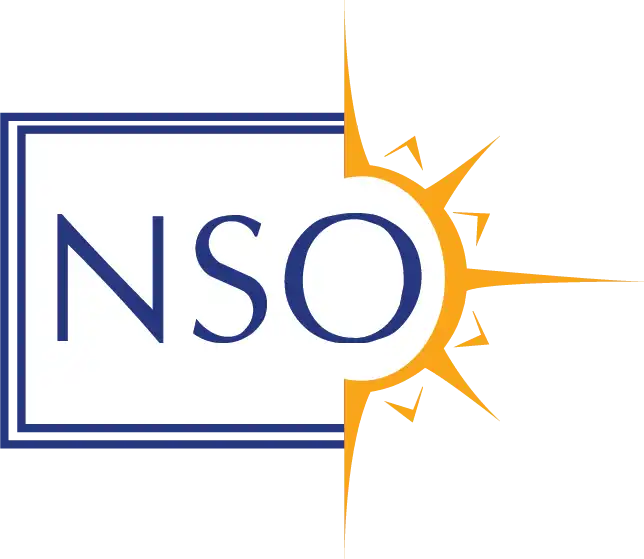Hawaiʻi-Grown Romaine Lettuce Not Involved in E. coli Outbreak

PC: Centers for Disease Control and Prevention. cdc.gov
Health and agricultural officials in Hawaiʻi say romaine lettuce grown in Hawaiʻi is not involved in the recent E. coli outbreak, which has since been investigated and linked to areas in California.
The Hawaiʻi Departments of Health and Agriculture re-emphasized that there is no reason to avoid Hawaiʻi-grown lettuce and other produce. In fact, department officials say purchasing local produce at this time would help to strengthen Hawaiʻi’s food security.
The owners of Waipoli Hydroponic Greens, a big local romaine supplier to stores and restaurants, re-iterated that the recall does NOT affect their produce, which is all food-safety-certified and Hawaiʻi-grown. The company does not ship romaine to the mainland, where the outbreak occurred.
“We are very low risk because our lettuce is grown above ground without soil, protected from birds and animals, and we use water treated by the the Dept. of Water Supply drinking water standards,” explains Paul Singleton, co-owner of Waipoli Hydroponic Greens, adding that they’ve received more requests from Hawai‘i wholesalers as customer demand for local greens increases. “They will have to make their own decisions, but this helps them to make an informed one.”
Scott Enright, chairperson of the Hawaiʻi Board of Agriculture said, “This most recent contamination outbreak underscores the importance of all industry members throughout the supply chain to follow a labeling program for their produce. Produce labeled with grower information and harvest date will help communicate to consumers that produce being re-introduced into retail and foodservice markets is safe to consume. A standardized approach to produce labeling is one mechanism to ensure consumers have access to locally grown romaine that was not implicated in the outbreak,” Enright added.
HDOA continues to work on Governor David Ige’s initiative to double local food production by 2020. Hawaiʻi consumers play a critical role in helping to achieve this goal which will not only bolster our agricultural industries, but also our local economy as a whole. In addition, the support of local wholesalers and retailers is key to providing local produce to the community. By purchasing local produce identified by growing location and a harvest date, we hope consumers will continue to eat fruits and vegetables as part of a healthy diet.
HDOA, DOH and the University of Hawaiʻi Cooperative Extension Service also reminds consumers to thoroughly wash all produce before consuming – no matter where it comes from. Links to food safety information and resources are available here.









